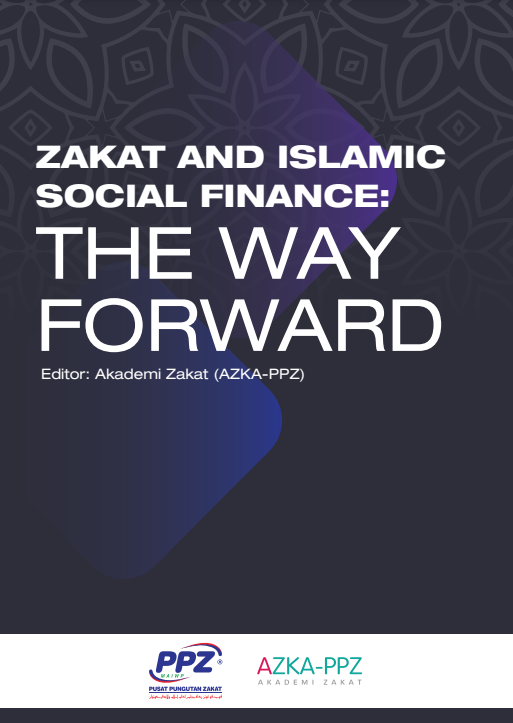CHAPTER 1
Meta Analysis: Human Governance Of Organizational Leaders
Abstract
Human governance is defined as governing from ‘human beings’ to
‘human beings’ in order to produce virtuous morals, high ethical values,
and acceptable moral conduct in all societies. Human governance is
also a mechanism for forming human identities that have positive
internal values, understand the purpose of life as a leader to oneself and
others, can motivate and inspire others to work with integrity, and are
accountable for the well-being of an organization. There have only been
a few studies on Human governance. As a result, from 2010 to 2020, this
study systematically examined articles on Malaysian human governance.
According to the findings, Human governance studies are still scarce,
both locally and globally. This meta-analysis revealed that concept
papers and quantitative research approaches were used in their studies,
with literature reviews being the most commonly used. Some of the
themes included human governance elements, human governance leader
characteristics, and human governance leader qualities. Furthermore, the
findings also revealed that studies on human governance in education had
not been investigated. As a result, the findings of this study can be used
as a reference for researchers studying the field of human governance,
which is a current issue, particularly in the education field.
Keyword:
Human governance, elements of human governance, metaanalysis, leadership in Malaysia.
Share:
Writer

Noriadah Binti Abdul Karim
Institut Aminuddin Baki
Alias Bin Mohamed Naim
Institut Aminuddin Baki

